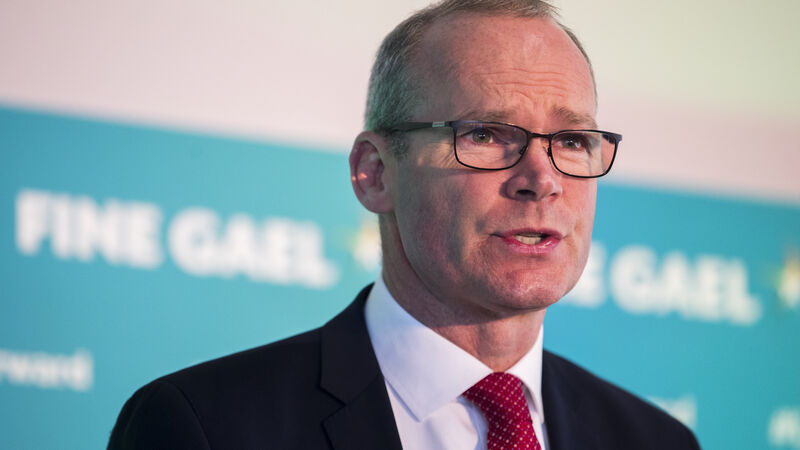Small firms 'kept in dark' over €250m inflation budget aid plan

Enterprise Minister Simon Coveney told reporters that small firms will automatically benefit up to maximum of €10,000 a year via their local authorities, if they pay commercial rates of up to €20,000 a year.














